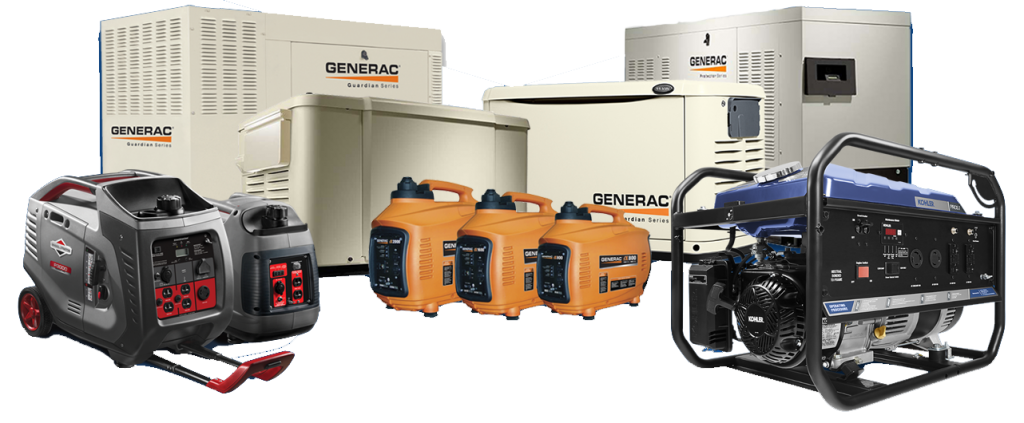Understanding the Distinctions Between Standby and Portable Generators

When it comes to ensuring a reliable power source during outages, generators play a crucial role. Among the available options, two distinct types stand out: standby generators and portable generators. This article explores the key differences between these power solutions, shedding light on their mobility, fuel requirements, and ideal use cases.
Mobility: Portable vs. Permanent
The most apparent difference between standby and portable generators lies in their mobility. As the name suggests, a portable generator is designed to be easily moved from one location to another. This feature makes portable generators versatile for various applications, such as camping, outdoor events, or providing temporary power to specific areas.
On the other hand, a standby generator is a permanent installation outside your home or business. Its fixed location ensures that it is readily available to provide power during an outage without the need for manual setup or transportation. The permanence of a standby generator speaks to its purpose of serving as a reliable, continuous power source for an entire residence or business.
Fuel Sources: Propane, Natural Gas, and Gasoline
Another crucial distinction between these two types of generators is the fuel they use. Standby generators typically run on propane or natural gas, which provides a continuous and stable fuel supply. This is especially advantageous during prolonged power outages, as these generators can keep running as long as the fuel source is available.
Conversely, portable generators commonly run on gasoline. While gasoline is widely available, portable generators need to be refueled every few hours, limiting their runtime without regular intervention. This makes portable generators better suited for short-term power needs, such as outdoor activities or construction sites.
Ideal Use Cases: Home vs. On-the-Go Power
The choice between a standby and portable generator often hinges on the intended use case. Portable generators are best suited for situations where mobility is paramount, such as camping trips, outdoor events, or providing temporary power to specific tools or appliances. Their ease of transportation and quick setup make them convenient for on-the-go power needs.
In contrast, a standby generator is the optimal choice for powering a home or business during a power outage. Its permanent installation ensures that it seamlessly takes over when the main power source fails, providing uninterrupted electricity to essential appliances, heating or cooling systems, and other critical components of a residence or business.
Conclusion
Understanding the distinctions between standby and portable generators is essential for making an informed decision based on your specific power requirements. While portable generators offer flexibility and mobility for short-term needs, standby generators excel in providing a continuous, reliable power supply for homes and businesses during extended outages. By evaluating factors such as mobility, fuel sources, and intended use cases, homeowners and business owners can select the generator that aligns best with their individual needs and priorities.
